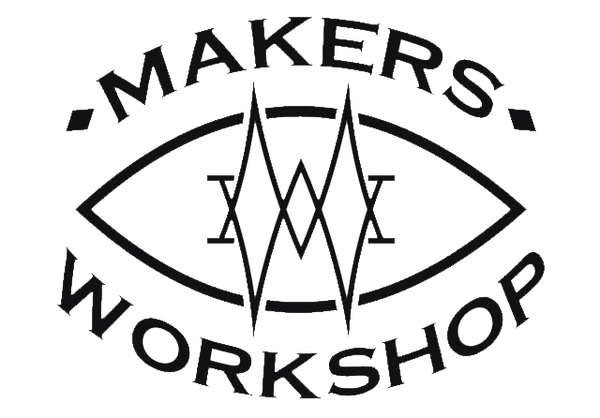As a product or industry expert, it is crucial to understand the concept of maker failure and how to prevent it. Maker failure refers to the mistakes or errors that occur during the process of creating or building something. Whether you are a professional maker or a hobbyist, it is important to be aware of the common pitfalls and take necessary precautions to avoid them. In this blog post, we will explore what maker failure is and provide you with practical tips to prevent it.
What causes maker failure?
Maker failure can occur due to a variety of reasons. One common cause is a lack of planning and preparation. When makers rush into a project without proper research and planning, they are more likely to encounter unexpected challenges and make mistakes. Another cause of maker failure is a lack of knowledge or expertise in the specific area of the project. Without a solid understanding of the materials, tools, or techniques involved, mistakes are bound to happen.
How can you avoid maker failure?
While maker failure is inevitable to some extent, there are several steps you can take to minimize the risk and increase your chances of success:
1. Do your research
Before starting any project, invest time in researching and gathering information. Understand the materials, tools, and techniques required for the project. Learn from others who have already attempted similar projects and take note of their successes and failures. This knowledge will help you make informed decisions and avoid common pitfalls.
2. Plan and prototype
Create a detailed plan for your project, including a step-by-step process and a timeline. Consider creating prototypes or mock-ups to test your ideas and identify any potential issues early on. This will allow you to make necessary adjustments before committing to the final product.
3. Start small
When tackling a new project or technique, it is advisable to start with smaller, less complex tasks. This allows you to gain experience and build confidence before taking on more challenging projects. Starting small also reduces the risk of costly mistakes and allows you to learn from your failures without significant consequences.
4. Seek feedback and collaborate
Don't be afraid to seek feedback from others who have expertise in the field. They can provide valuable insights and help you identify potential issues or improvements. Collaborating with others on projects can also help distribute the workload and reduce the chances of individual mistakes.
5. Learn from your failures
Even with careful planning and preparation, failures may still occur. It is important to view these failures as learning opportunities rather than setbacks. Analyze what went wrong, identify the root causes, and use this knowledge to improve your future projects. Embrace a growth mindset and understand that failure is an essential part of the learning process.
By following these tips, you can significantly reduce the risk of maker failure and increase your chances of success. Remember, every mistake is an opportunity to learn and grow. So embrace the challenges, stay curious, and keep creating!

